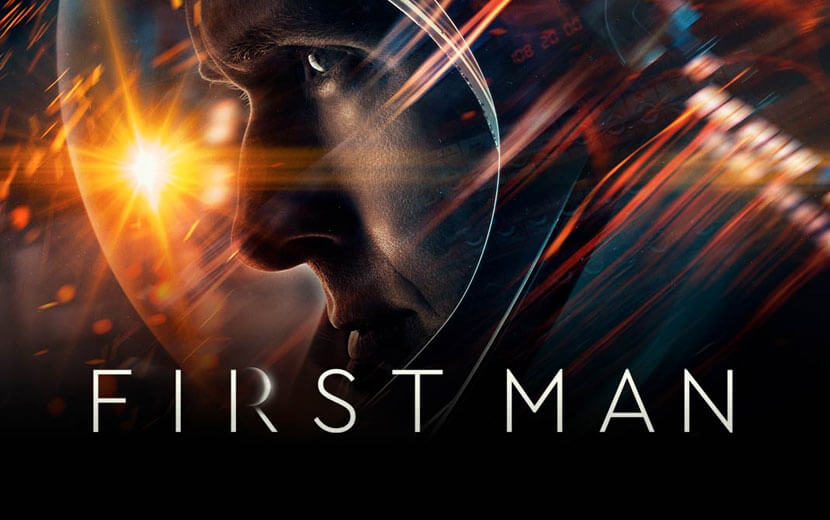How to Build a Game Portfolio as a Student: A Step-by-Step Guide
Why Skills & Training are the Key to Starting a Career in VFX
- Jul 22, 2021
0 Comments

Unlike the olden days, creativity is now swiftly transitioning itself to digital. And in this era the price of software, hardware, and related camera equipment to capture creativity is relatively inexpensive. So much so that anyone with aptitude can learn VFX by joining a career course with a reputed VFX institute. The VFX industry is gaining traction and is becoming competitive for those who want to make a career in it.
In this article, we will discuss the two major questions that most VFX career aspirants ask, “Is it absolutely necessary for me to join a professional VFX institute to learn visual effects? What skills must I gain to become a VFX professional?”
Should You Join a VFX Institute?
In simple words, yes! Today, most recruiters value skills over qualifications. Even though one can learn VFX and CGI using free open source software like Blender, there are loads of other benefits that an institution provides. To know the intricacies of the field, one has to be involved with others who have mastered the game, and for whom it is not just some hobby. Rarely will you find others with whom you can collaborate at such a high level, for free, for extended periods. VFX training institutions are one of the few places where you can connect with others with similar passions and goals.
Apart from that, when you join an institute, you follow an industry-relevant curriculum, get assistance and advice from experienced faculty, develop social skills, gain hands-on experience through projects, and create your own demo reel. Most reputed institutions offer placement assistance thus boosting your chances of landing a job immediately after the successful completion of your course.
It is true that VFX and design are skill-based industries. Your portfolio and reel speak for you. Companies will look at your past experience, your showreel and will probably talk to people who have worked with you when they are considering you for a job vacancy. Venturing out alone as a VFX artist without any job offers at hand could be overwhelming and exhausting. When you are a part of a training institute, you will get ample guidance during every step of your journey to a VFX career.
What VFX Skills Should You Gain?
As for the skills needed, start with the basics such as digital illustrations, storytelling, and anatomy study. As your course progresses, you will start learning more complex concepts such as character design, audio-video editing, rotoscopy, matchmoving techniques, compositing, pre-visualization, and VFX filmmaking. Consider learning some of the most in-demand software such as Nuke, Blender, Houdini, and Autodesk Maya. For a complete guide to VFX software, check out this article.
With the right skill sets and hands-on experience, you can start a career in the VFX industry in no time. All the best!
You may also like
By clicking on Submit, I allow Arena to contact me, and use & share my personal data as per the Privacy Policy.



 Previous Article
Previous Article


























Leave a Comment